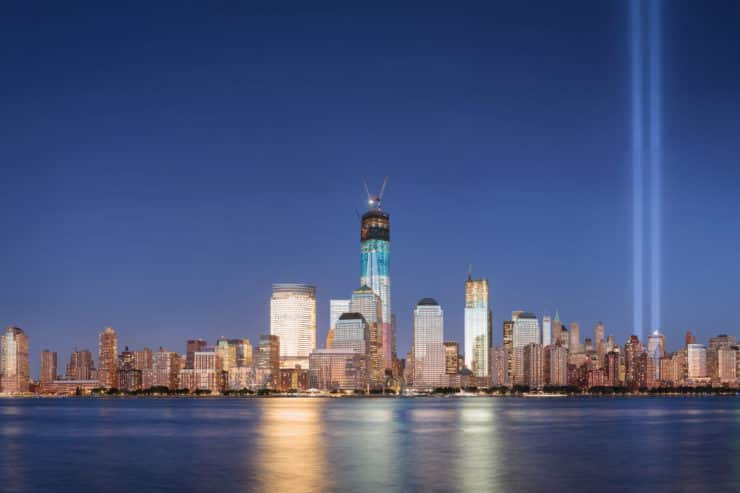FAQ
VCF Extended Filing Dates and Compensation
The VCF was originally slated to end in 2004 and initially offered a set award of $250,000 for the decedent, $100,000 for spouse and $100,000 for each dependent. Physical injury awards were also set at $250,000, however the filing dates and compensation amounts changed with program extensions. Funding for the VCF was capped at $7.375 billion including operational and administrative costs.
In 2011, President Barack Obama signed the James Zadroga 9/11 Health and Compensation Act of 2010 which extended the benefits of the VCF through a December 2020 filing deadline. This was further extended in July 2019 under President Donald Trump with the passage of the “Never Forget the Heroes, James Zadroga, Ray Pfeifer, and Luis Alvarez Permanent Authorization of the September 11th Victim Compensation Fund Act”, fully funded the VCF to pay all eligible claims and extended the claim filing deadline to October 1, 2090.
In February 2022, under President Joe Biden, a portion of a $3.5 billion fund from the government of Afghanistan was added to VCF funding to be used by the victims of the 9/11 attacks.
Individuals were given additional time for submitting claims related to the injuries they suffered on September 11, 2001, or in the time following while they participated in cleanup activities and for the medical care needed as a result of those injuries.
The Zadroga and Never Forget the Heroes Acts also updated the compensation fund’s policies and procedures for claim evaluation and for calculating a claimant’s loss. Victims who filed a claim have been eligible to reimbursement for past out-of-pocket medical expenses paid as a result of an eligible condition.
Cancer and the September 11 Victim Compensation Fund
If you or a loved one has been diagnosed or succumbed to cancer that can be linked to the 9/11 attacks or cleanup efforts that followed, compensation might be available.
Neither the initial 9/11 Victims Compensation Fund, nor the original version of The Zagroda Act included cancer as a covered condition. The Act was updated in 2012 to include several types of cancers believed to be linked to the events of September 11, 2001. This update in coverage was carried through the newest “Heroes” Act.
Cancer types which have been designated Covered Conditions include:
- Head and Neck
- Childhood Cancers
- Rare Cancers
- Digestive System
- Female Reproductive Organs
- Malignant neoplasm of ovary
- Urinary System
- Eye & Orbit
- Thyroid
- Blood & Lymphoid Tissue
- Mesothelioma
- Soft Tissue
- Skin
- Other malignant neoplasms of skin Scrotum
- Melanoma
- Breast
Other Injuries that Could Be Compensated via the VCF
Medical issues that may be covered under the VCF include:
- Lung diseases
- Respiratory disorders, including asthma
- Reactive Airways Dysfunction Syndrome (RADS)
- COPD that was exacerbated by involvement in 9/11 or the cleanup efforts
- Chronic cough syndrome
- Upper airway hyper-reactivity
- Breathing and sinus problems
- Chronic laryngitis
- Gastro-Esophageal Reflux Disorder (GERD)
- Sleep apnea exacerbated by involvement in 9/11 or the cleanup efforts
- Lower back pain
- Carpal Tunnel Syndrome (CTS)
- Some musculoskeletal disorders
- Traumatic injuries
This is a general list of illnesses, injuries, and conditions that have been addressed by the VCF. For a more specific breakdown of conditions covered by the Victim Compensation Fund.
